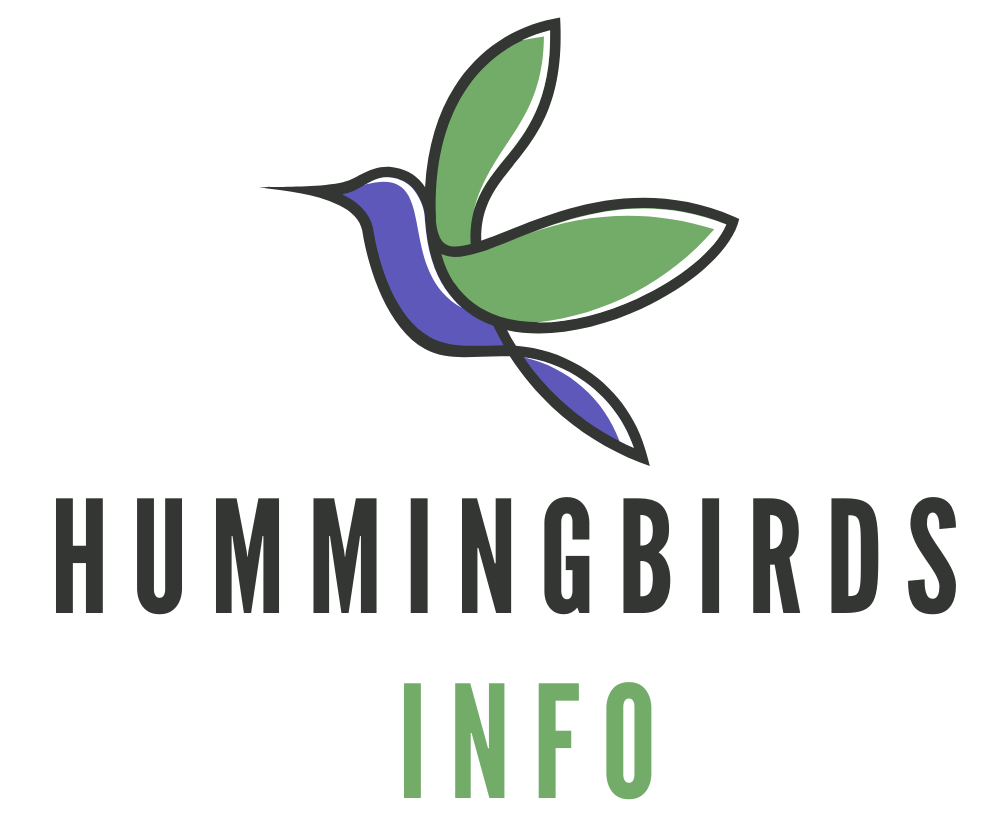Do hummingbirds eat mosquitoes? This is a question that many people have asked, and the answer is yes! Hummingbirds are small birds that feed on nectar from flowers, but they also eat small insects, including mosquitoes. Hummingbirds are important pollinators and can help to reduce the number of mosquitoes in an area. In this article, we will discuss the diet of hummingbirds, how they eat mosquitoes, and the benefits of having hummingbirds around.
What Do Hummingbirds Eat Besides Mosquitoes?
Hummingbirds are small, colorful birds that are found in many parts of the world. They are known for their ability to hover in mid-air and for their long, thin beaks. While it is true that hummingbirds do eat mosquitoes, they also feed on a variety of other insects and spiders. In addition, they consume nectar from flowers, tree sap, and even small fruits.
Hummingbirds have a unique digestive system that allows them to extract the maximum amount of energy from their food. They feed on nectar from flowers, which is a sugary liquid produced by the plant. Hummingbirds have long, thin beaks that are specially adapted to reach into the flower and extract the nectar. They also feed on small insects, such as aphids, gnats, and spiders.
In addition to nectar and insects, hummingbirds also feed on tree sap. They have a special adaptation that allows them to extract the sap from trees without damaging the bark. They also feed on small fruits, such as berries and cherries.
Hummingbirds are important pollinators, as they help to spread pollen from flower to flower. They are also important predators, as they help to keep insect populations in check. By providing these important services, hummingbirds play an important role in maintaining the balance of nature.
How to Attract Hummingbirds to Your Garden Without Mosquitoes
Hummingbirds are a delightful addition to any garden, but many people are concerned about attracting mosquitoes along with them. Fortunately, there are several ways to attract hummingbirds to your garden without inviting mosquitoes.
First, make sure to keep your garden free of standing water. Mosquitoes need standing water to breed, so eliminating any sources of standing water will help to keep them away. This includes birdbaths, buckets, and other containers that may collect water.
Second, plant flowers that attract hummingbirds. Hummingbirds are attracted to bright, colorful flowers, such as petunias, impatiens, and fuchsias. Planting these flowers in your garden will help to attract hummingbirds without attracting mosquitoes.
Third, provide hummingbirds with a source of nectar. Hummingbirds feed on nectar from flowers, so providing them with a nectar feeder will help to attract them to your garden. Make sure to keep the feeder clean and filled with fresh nectar to keep the hummingbirds coming back.
Finally, use mosquito repellents in your garden. There are several natural mosquito repellents that can be used in your garden to help keep mosquitoes away. Citronella candles, garlic, and lavender are all effective natural mosquito repellents.
By following these steps, you can attract hummingbirds to your garden without attracting mosquitoes. Enjoy the beauty of hummingbirds in your garden without the nuisance of mosquitoes.
The Benefits of Having Hummingbirds in Your Yard Without Mosquitoes
Hummingbirds are a delight to have in any garden. Not only are they beautiful to look at, but they also provide a number of benefits to your yard. One of the most significant benefits of having hummingbirds in your yard is that they help to keep the mosquito population down.
Mosquitoes are a nuisance and can be dangerous, as they can carry a variety of diseases. Hummingbirds are natural predators of mosquitoes, as they feed on the larvae and adult mosquitoes. By having hummingbirds in your yard, you can help to reduce the number of mosquitoes in your area.
Hummingbirds also help to pollinate flowers and other plants in your garden. They feed on the nectar of flowers, and in the process, they help to spread pollen from one flower to another. This helps to ensure that your plants are able to reproduce and thrive.
Hummingbirds also provide a natural form of pest control. They feed on a variety of insects, including aphids, caterpillars, and other pests that can damage your plants. By having hummingbirds in your yard, you can help to keep these pests at bay.
Finally, having hummingbirds in your yard can provide a calming and peaceful atmosphere. The sound of their wings fluttering and their chirping can be quite soothing. This can help to create a tranquil environment in your yard, which can be beneficial for both you and your plants.
In conclusion, having hummingbirds in your yard can provide a number of benefits, including reducing the mosquito population, helping to pollinate plants, providing natural pest control, and creating a peaceful atmosphere. If you are looking for a way to make your yard more enjoyable, consider inviting hummingbirds to your garden.
Q&A
1. Do hummingbirds eat mosquitoes?
No, hummingbirds do not eat mosquitoes. Hummingbirds feed on nectar from flowers and small insects such as aphids, gnats, and spiders.
2. What Do Hummingbirds Eat Instead of Mosquitoes?
Hummingbirds feed on nectar from flowers and small insects such as aphids, gnats, and spiders. They also eat small amounts of tree sap and fruit.
3. How Do Hummingbirds Catch Insects?
Hummingbirds catch insects by hovering in the air and quickly darting out their long beaks to snatch them up. They also use their long tongues to lap up nectar from flowers.
Conclusion
In conclusion, hummingbirds do not eat mosquitoes. Hummingbirds feed on nectar from flowers and small insects, such as aphids and gnats. They also eat small spiders and other small invertebrates. Hummingbirds are important pollinators and help to keep the environment healthy. Mosquitoes, on the other hand, are a nuisance and can spread diseases, so it is important to take steps to reduce their population.
